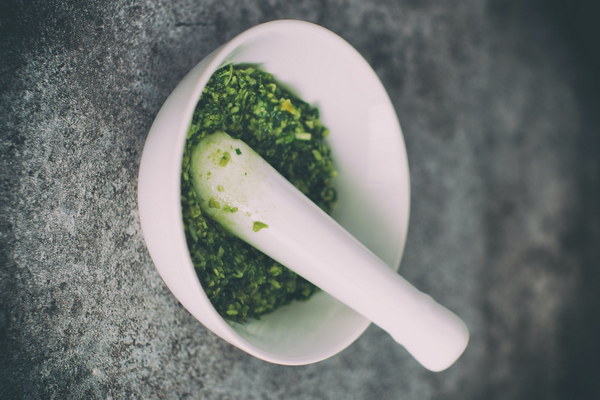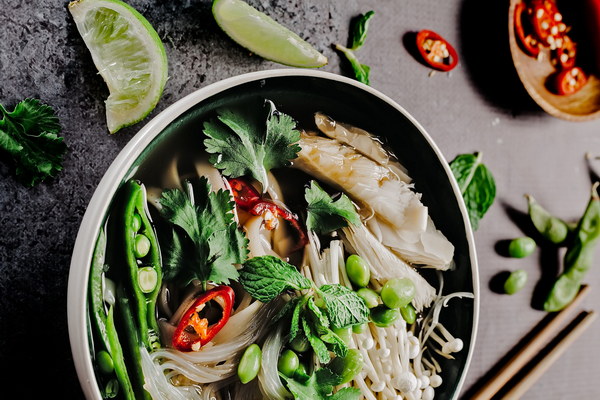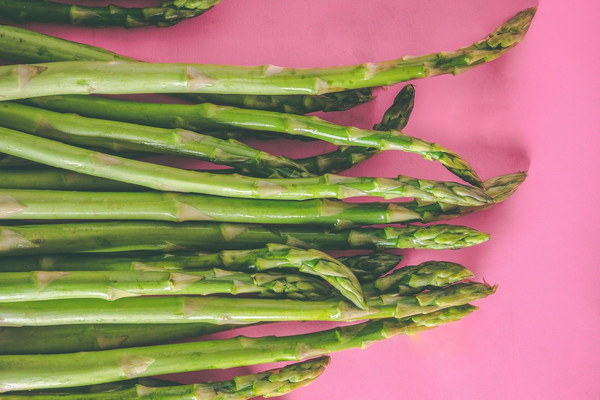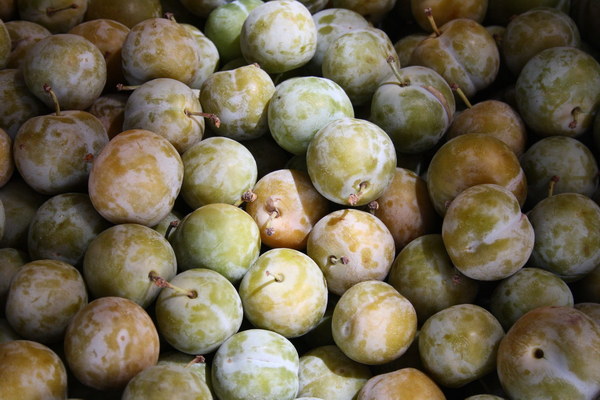Quick Guide to Using Traditional Chinese Herbs for Effective Dampness Relief
In the realm of traditional Chinese medicine, dampness is a common and pervasive condition that can lead to a variety of health issues. Dampness is often characterized by symptoms such as fatigue, bloating, and water retention, and it can affect individuals of all ages and backgrounds. The good news is that there are numerous Chinese herbs that can be effectively used to expel dampness from the body and restore balance. This article will provide a quick guide to utilizing these natural remedies for dampness relief.
Understanding Dampness in Traditional Chinese Medicine
Before delving into the specifics of using Chinese herbs for dampness, it's important to understand the concept of dampness in traditional Chinese medicine (TCM). Dampness is considered an excess of phlegm and dampness in the body, which can be caused by factors such as poor diet, overexposure to moisture, or a weakened spleen and kidney function. When dampness accumulates, it can impede the flow of Qi (vital energy), leading to various symptoms.
Top Chinese Herbs for Dampness Relief
1. Astragalus (Huang Qi)
Astragalus is a well-known herb in TCM for its immune-boosting properties. It is also excellent for expelling dampness and strengthening the spleen. It can be taken in the form of tea, powder, or capsules.
2. Atractylodes (Cang Zhu)
Atractylodes is another herb that is often used to treat dampness and spleen deficiency. It helps to dry dampness and strengthen the middle burner, which is responsible for digestion and metabolism.
3. Poria (Fu Ling)
Poria is a versatile herb that is commonly used in TCM for its diuretic and dampness-dispelling properties. It is often combined with other herbs to treat symptoms of dampness, such as edema and poor digestion.
4. White Atractylodes (Bai Zhu)
White Atractylodes is similar to Atractylodes, but it is more potent for drying dampness and treating damp-heat conditions. It is also beneficial for improving appetite and reducing bloating.
5. Cinnamon (Rou Gui)
Cinnamon is a warming herb that can help to expel cold dampness and improve circulation. It is often used in combination with other herbs for a more effective treatment.
How to Use Chinese Herbs for Dampness Relief
When using Chinese herbs for dampness relief, it is important to consider the specific type of dampness and individual health conditions. Here are some general guidelines:
1. Consult a TCM Practitioner: It is always best to consult with a TCM practitioner who can tailor the herbal formula to your specific needs.
2. Prepare the Herbs: Herbs can be prepared in various ways, including boiling them in water to make a decoction, or using them in capsules or powder form.
3. Take the Herbs Regularly: Consistency is key when using herbs for dampness relief. It may take several weeks to notice significant improvements in your symptoms.
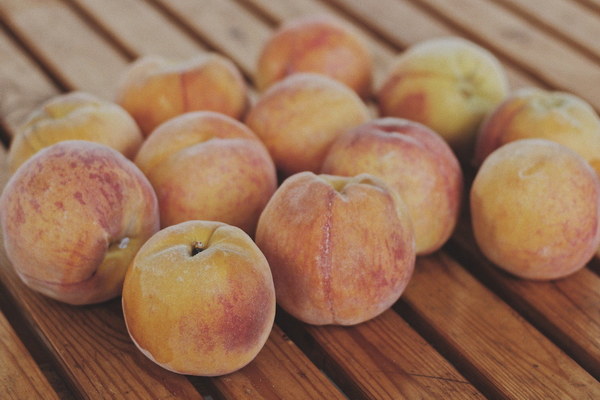
4. Combine with Diet and Lifestyle Changes: In addition to using herbs, it's important to make dietary and lifestyle changes that support the body's natural ability to expel dampness. This includes avoiding cold and damp foods, such as raw fruits and vegetables, and engaging in regular exercise.
Conclusion
Utilizing Chinese herbs for dampness relief is a natural and effective way to address the symptoms of this common condition. By understanding the principles of TCM and selecting the right herbs, individuals can experience improved health and well-being. Always remember to consult with a healthcare professional before starting any new treatment, and consider combining herbal remedies with diet and lifestyle changes for the best results.

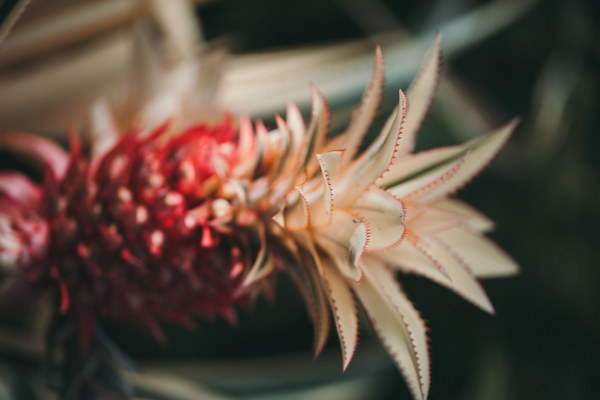

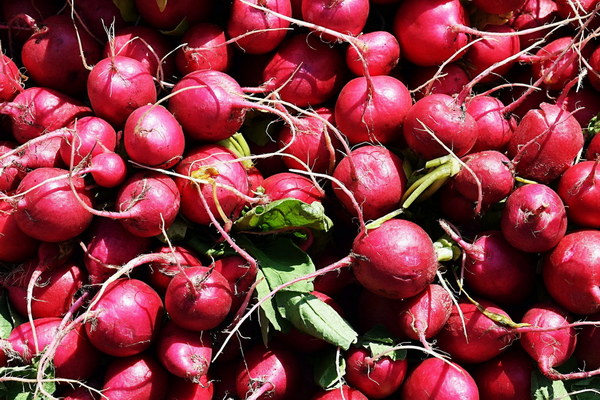
![Nourishing the Soul A Journey through The Art of Chinese Medicine and Diet by [Author's Name]](http://img.bluepurple.cn/a/养生/48/Nourishing-the-Soul-A-Journey-through-The-Art-of-Chinese-Medicine-and-Diet-by-Authors-Name.jpg)
